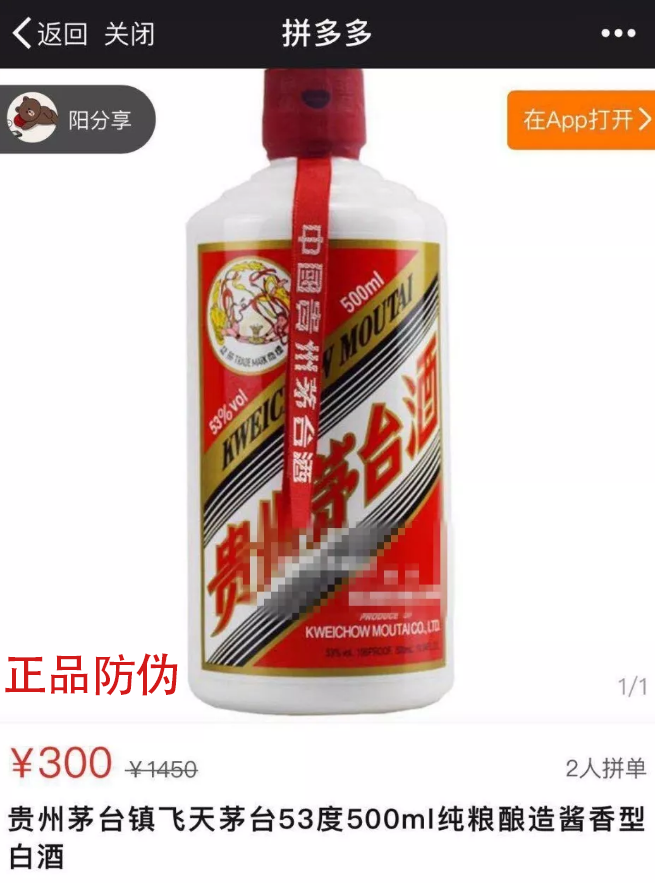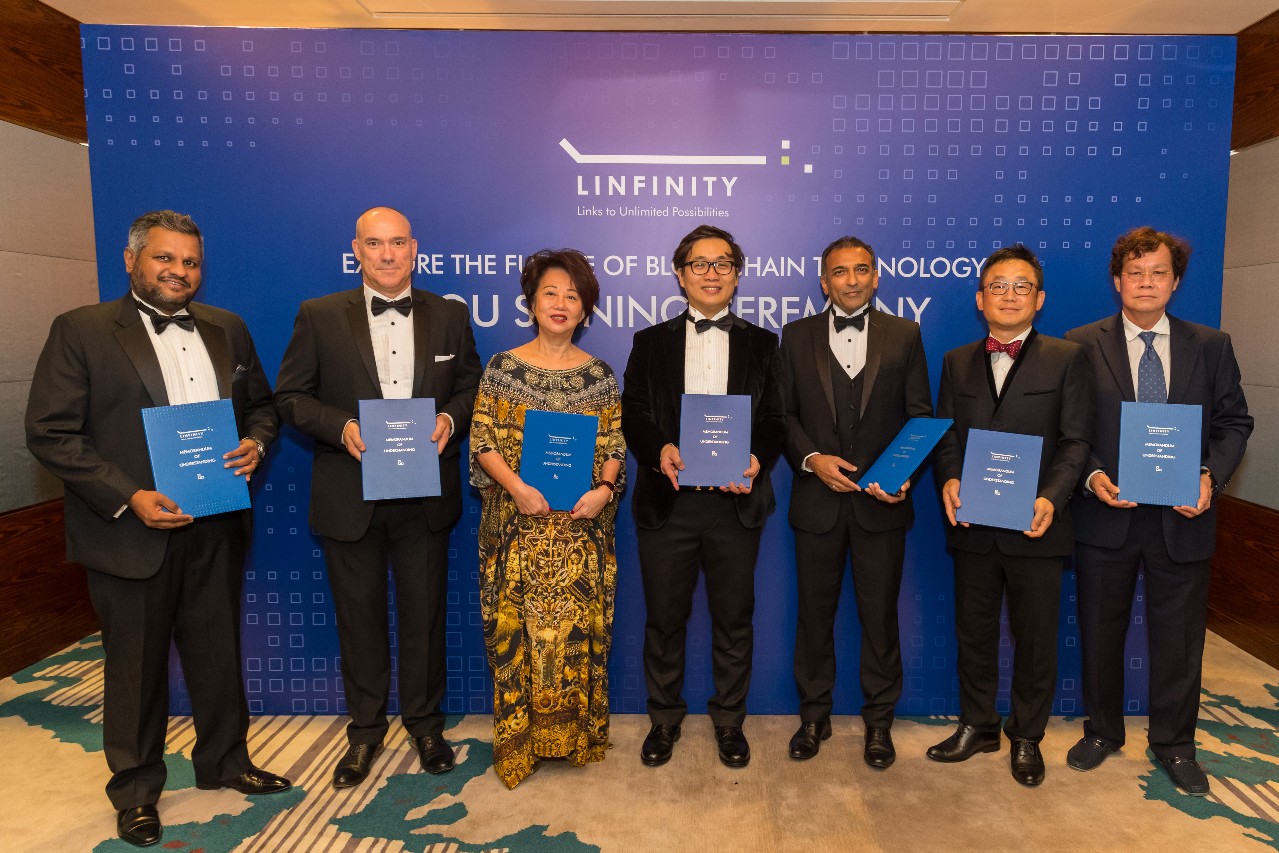Recently, Linfinity CEO Anndy Lian received an exclusive interview with TVCC and Blockchain Today in Seoul, South Korea. The following are the highlights.


Q:Can you brief us with Linfinity?
A:Linfinity, based in Singapore, is a pioneer in the combination of blockchain technology and the cross-border supply chain industry, aiming to build a trusted and traceable anti-counterfeit supply chain solution underlying blockchain technology. In this system, it is easy to monitor specific conditions such as raw material supply, logistics, and distribution. While reducing the cost of supply chain management, it also increases the security of commodity circulation.
Q: What field do you want to go for next?
A:At present, we have signed strategic cooperation agreements with many large enterprises at home and abroad, involving finance, law, logistics, and FMCG. The field that Linfinity aims to enter into the most is the cosmetics industry, or food and health industry, such as masks, coffee, cigarettes, etc. Especially for cigarettes, the idea we want to convey to people is that smoking is harmful to health, if there are a lot of fake cigarettes in the market, then the harm to the body is even worse.
The good news is that we have signed a strategic agreement with Alishan Group in Taiwan not long ago. They will use Linfinity’s blockchain technology in their supply chain to improve the efficiency and transparency of their own supply chain management, so as to put an end to the spread of fake cigarettes, and to mitigate the “harm” as much as possible.
Q : Why would Linfinity choose fields such as cosmetics or food and health care? They seem to have nothing in common.
A:As we all know, there are a lot of cosmetics in South Korea, including famous big brands. In addition, beauty makeup is a relatively “lucrative” industry, leading to endless generation of counterfeit and shoddy products, despite repeated prohibitions.
Of course, we try not just to do one single industry, we can do more. If you talk to different people, you find that different companies have got different pain points, as Lev Tolstoy said: “Happy families are always alike, and unbelieving families have their own misfortunes.”
The other is the food and health industry. Food safety will be considered when people eat. Only when food safety is guaranteed, we will be assured. Blockchain technology offers the possibility of such trust, which will change our lives.
Q : There are many blockchain start-ups. What are the differences between Linfinity and them?
A:If you look at blockchain as the industry to see, I would say that we are not very much different from them.But if you look at how the recent start-up blockchain scene is like, it is that most of them are looking at how to raise funds. That’s a big difference.
Linfinity has made it clear at its birth that no ICO will be carried out, and no fund-raise from public. We are committed to commercializing our products with only some of the funds available. In the short term, competitors’ financing behavior may be profitable within a certain period of time, but in the long run, Linfinity’s commercial landing of blockchain technology will bring more commercial resources and benefits.

Q : Linfinity has signed several MOUs, so when will they be realized?
A: Some of them will soon be realized. For example, a health care company in Singapore wants to track who the manufacturer is and bring all the information up to our blockchain. We can actually satisfy this demand next month. Others may take longer, for example, some want to look at how we trace from raw materials all the way to the logistics, factories, retailing and recycling, that will take a long time, depending entirely on their real needs. The industry’s technology iteration is fast, we have to proceed step by step to keep pace with the times. I firmly believe that we will develop very quickly, and will develop very well, and then there will be more larger enterprises working with us, as well as a lot of news coming from us.
A:We have a global strategy.
In Asia, we already have cooperation in Singapore, China and South Korea, and we plan to expand to other regions, such as Thailand, Taiwan and Japan. In terms of commercial landing, our route is also very simple and clear, that is, to cooperate with more large, medium-sized and small enterprises, to rally them together and to upload all the information onto our chain, giving them a real understanding of the changes that blockchain technology will bring to their industry.
In August, we will host the first Linfinity Form in London, UK, where many European business leaders and elites will discuss how to use blockchain technology to help them upgrade their industries. At the same time, we also hope to sign more strategic cooperation agreements in London, which will be a small step for us to enter the European market.
Plans for the American market have been launched, and it is only a matter of time before we approach a large U.S. logistics company.

Anndy Lian is an early blockchain adopter and experienced serial entrepreneur who is known for his work in the government sector. He is a best selling book author- “NFT: From Zero to Hero” and “Blockchain Revolution 2030”.
Currently, he is appointed as the Chief Digital Advisor at Mongolia Productivity Organization, championing national digitization. Prior to his current appointments, he was the Chairman of BigONE Exchange, a global top 30 ranked crypto spot exchange and was also the Advisory Board Member for Hyundai DAC, the blockchain arm of South Korea’s largest car manufacturer Hyundai Motor Group. Lian played a pivotal role as the Blockchain Advisor for Asian Productivity Organisation (APO), an intergovernmental organization committed to improving productivity in the Asia-Pacific region.
An avid supporter of incubating start-ups, Anndy has also been a private investor for the past eight years. With a growth investment mindset, Anndy strategically demonstrates this in the companies he chooses to be involved with. He believes that what he is doing through blockchain technology currently will revolutionise and redefine traditional businesses. He also believes that the blockchain industry has to be “redecentralised”.






